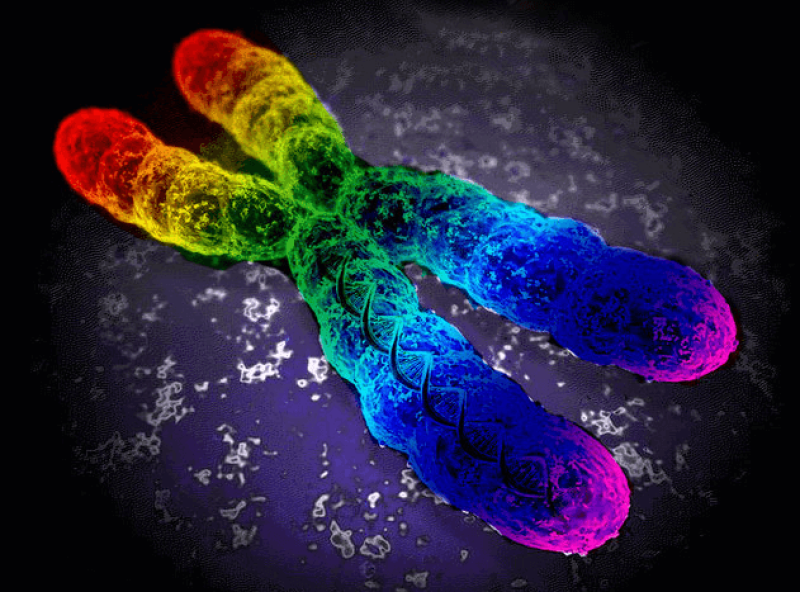Reports of genes that “cause” human homosexuality (and many other human behaviours) have failed to stand up to scrutiny – there is no “gay gene” in the sense that no one has identified genetic markers or genes that reliably predict sexual orientation in humans.
The epigenetic hypothesis for the widespread occurrence of human homosexuality is based on the possibility of epigenetic inheritance of adjustments to a foetus’s testosterone sensitivity. Like most other epigenetic marks, sex-specific epigenetic marks are established anew in the early embryo following fertilisation.
Thus, most of the sex-specific epigenetic marks on genes that are involved in testosterone sensitivity are scrubbed off and re-established in a reliably sex-specific pattern well before the gonads become differentiated into either testes or ovaries. However, not all epigenetic marks are completely erased during embryo development, and it is therefore possible that there is some transgenerational transfer of epigenetic settings for testosterone sensitivity. This could affect sexual phenotype, sexual identity and sexual attraction.
This is a potentially important idea because it may explain the strong tendency for twins to have similar sexual preferences, but for this tendency to be no stronger between identical twins than it is between non-identical twins. This suggests epigenetic inheritance from one or other parent, but not genetic inheritance.































